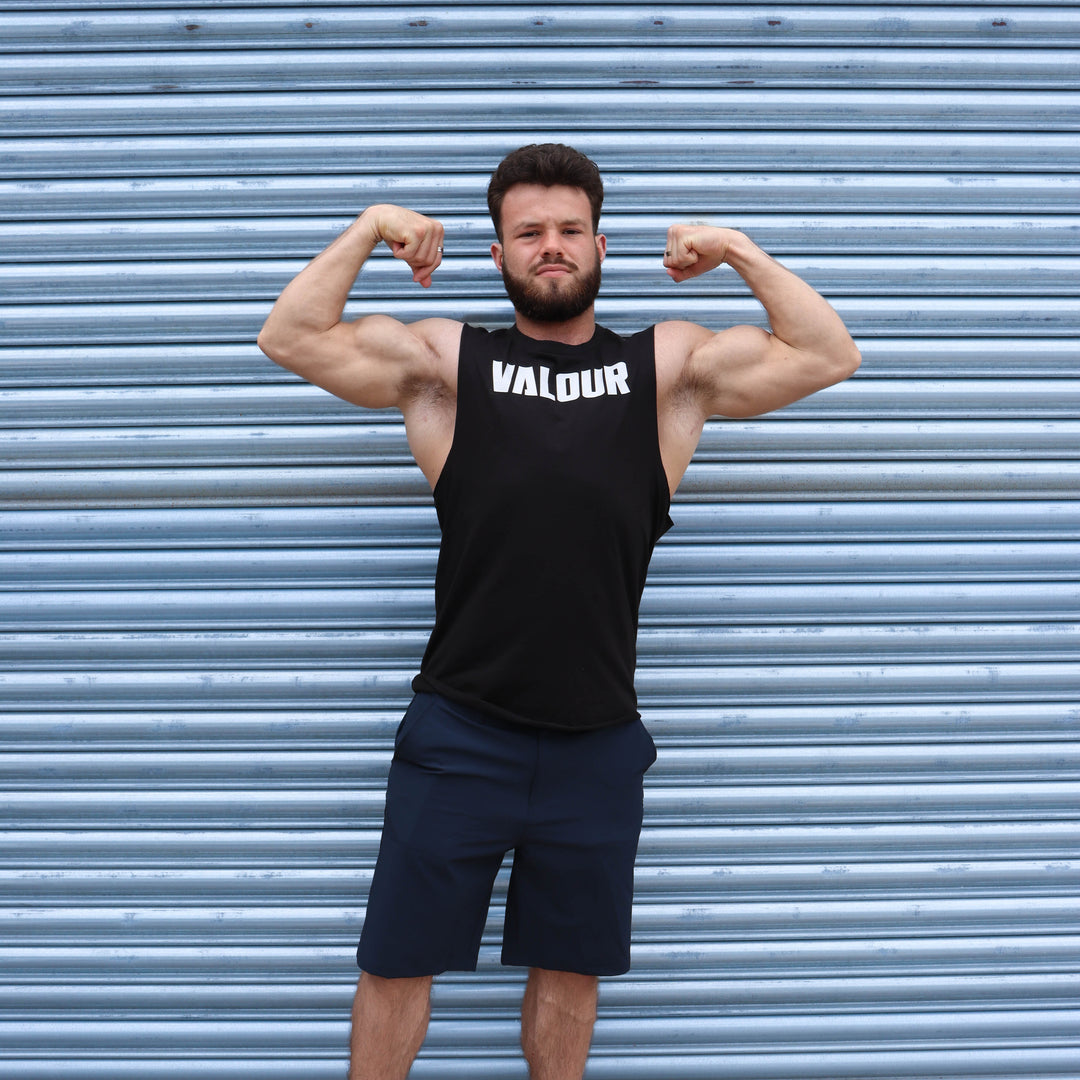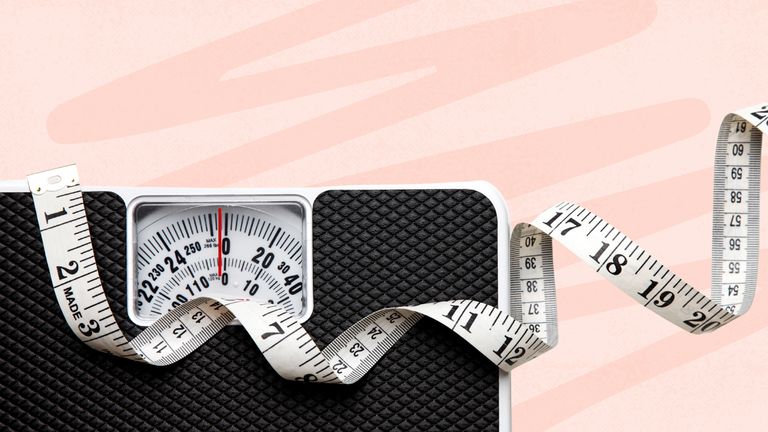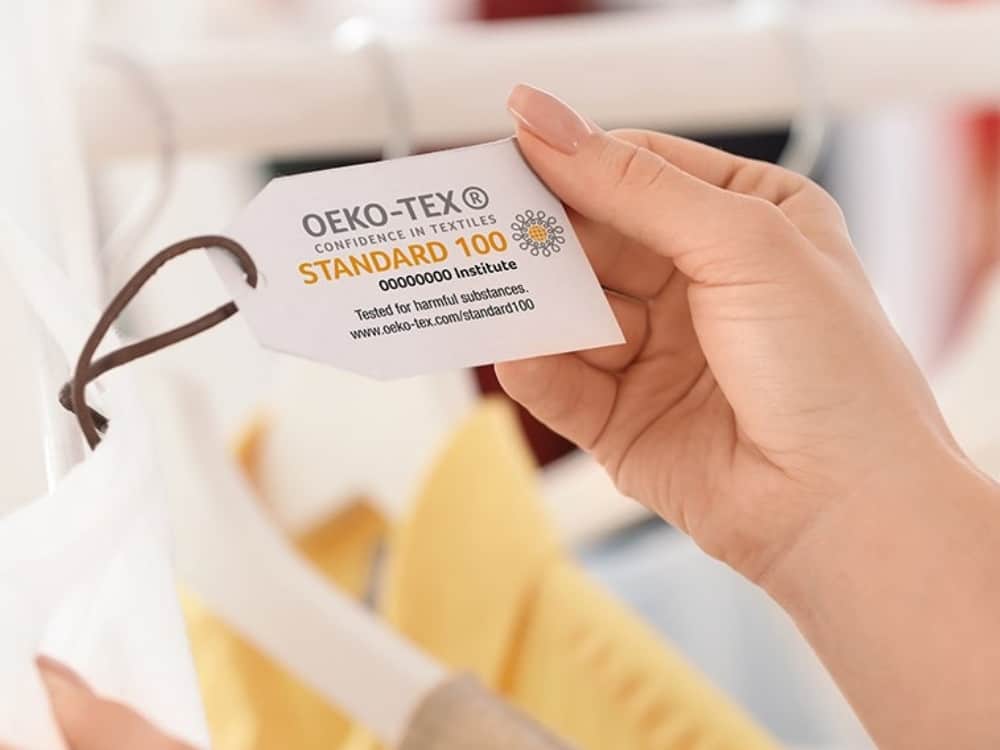Understanding Fair Wear: Why We Use Fair Wear Clothing and Why It Matters
In a world where fast fashion dominates the market, the concept of fair wear has emerged as a beacon of ethical consumption. But what exactly does fair wear mean, and why is it so important? Let's delve into this increasingly significant aspect of the fashion industry.
What is Fair Wear?
Fair wear, often referred to as fair trade fashion or ethical fashion, is an approach to clothing manufacturing that prioritizes fair treatment, fair wages, and safe working conditions for all workers involved in the production process. This encompasses everyone from the cotton farmers to the garment workers. Fair wear is essentially about creating a transparent and accountable supply chain that values people as much as profits.
The Principles of Fair Wear
Fair wear is guided by several key principles:
-
Fair Wages: Workers should be paid a living wage that covers their basic needs, including food, shelter, healthcare, and education for their families.
-
Safe Working Conditions: Employees should work in safe environments that comply with health and safety regulations. This includes proper ventilation, lighting, and access to clean water and sanitation facilities.
-
No Child Labor or Forced Labor: Fair wear prohibits the use of child labor and forced labor in any stage of the production process.
-
Respect for the Environment: Fair wear promotes environmentally sustainable practices, including the use of organic materials, eco-friendly production methods, and waste reduction.
-
Transparency and Accountability: Brands committed to fair wear are transparent about their supply chains and manufacturing processes, allowing consumers to make informed decisions about their purchases.
Why Fair Wear Matters
-
Worker Rights: Fair wear ensures that the people who make our clothes are treated with dignity and respect. By paying fair wages and providing safe working conditions, fair wear empowers workers and improves their quality of life.
-
Environmental Impact: The fashion industry is one of the most polluting industries in the world. Fair wear promotes sustainable practices that reduce the environmental impact of clothing production, such as using organic materials and minimizing waste.
-
Consumer Awareness: As consumers become increasingly aware of the social and environmental impact of their purchasing decisions, there is a growing demand for fair wear products. By supporting fair wear brands, consumers can vote with their wallets and drive positive change in the fashion industry.
How to Support Fair Wear
-
Educate Yourself: Learn about the brands you buy from and their manufacturing practices. Look for brands that are transparent about their supply chains and are committed to fair wear principles.
-
Shop Ethically: Support fair wear brands that prioritize worker rights and environmental sustainability. Look for certifications such as Fair Trade, GOTS (Global Organic Textile Standard), and Fair Wear Foundation.
-
Spread the Word: Share information about fair wear with your friends and family. The more people know about fair wear, the greater the demand for ethical and sustainable fashion will be.
In conclusion, fair wear is not just a trend; it's a movement towards a more ethical and sustainable fashion industry. By supporting fair wear brands and advocating for fair wear principles, we can create a world where fashion is not only stylish but also ethical and environmentally responsible. So the next time you're shopping for clothes, remember to ask yourself: is it fair wear?




